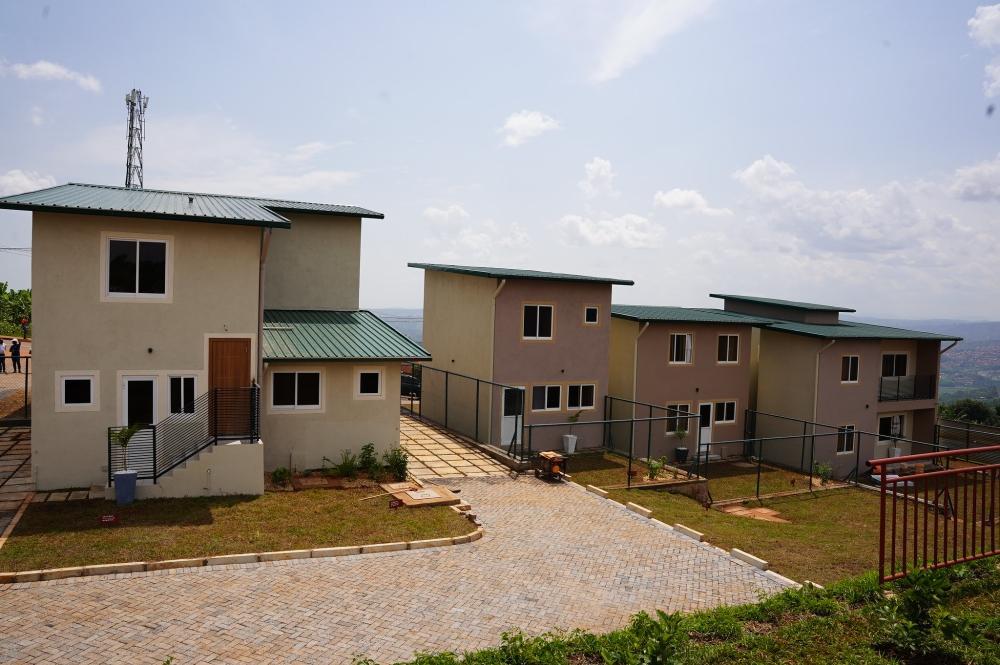Jean-Claude Nshimiyimana
Africa-Press – Rwanda. As Rwanda’s economy grows, estate planning is becoming increasingly important. In response, high net worth individuals and astute investors are seeking advanced legal structures to build wealth, protect assets, avoid inheritance disputes, and ensure smooth intergenerational wealth transfer. While wills and succession remain common, trusts, governed by Rwanda’s modern law, are emerging as a flexible and superior estate planning tool.
Article 13 of Law n° 063/2021 of 14/10/2021 Governing Trusts (the “Trusts Act”), define a Rwandan trust as one governed by Rwandan law, regardless of where it is created or the residency of the involved parties.
A key feature is that trust property is separate from the professional trustee’s personal property. Under Article 6 of Trusts Act, the trustee holds and manages the trust property strictly according to the trust instrument.
The trust instrument must include core terms such as the contact details of the settlor and trustee, the settlor’s intention to create the trust, the trust’s purpose, the property held on trust, and its duration (Article 7 of Trusts Act). As such, this structure offers a vigorous mechanism for segregating assets and warranting their management is dedicated solely to the trust’s objectives.
In terms of flexibility, the Trusts Act recognises various types of trusts to suit diverse estate planning needs or goals. These include beneficiary trusts, purpose trusts (for objectives rather than individuals), and charitable trusts, which can benefit people in or outside Rwanda. Protective and custom trusts are also permitted, allowing settlors to adapt trusts to specific philanthropic, protective, or personal objectives.
Though the general maximum duration of a Rwandan trust is ninety-nine (99) years, a settlor or beneficiaries may establish a new trust once this term ends. Besides, purpose trusts that hold property in Rwanda may exist beyond this period.
In some cases, the trust instrument may even allow a trust governed by Rwandan law to switch to being governed by the law of another country, providing a degree of adaptability should circumstances change (Article 12 of Trusts Act).
Regarding administration, the settlor appoints the trustee, whether an individual or a legal entity, by explicit declaration in the trust instrument. Professional trustees must be licensed by the appropriate authority, which is either the National Bank of Rwanda or the Rwanda Capital Market Authority, depending on the trust’s sector.
For purpose trusts, an enforcer must also be appointed to oversee that the trust’s goals are achieved. Trust instruments and trust property are subject to registration requirements, adding legal clarity and enforceability.
From a tax standpoint, income earned by trustees, enforcers, protectors, or beneficiaries is treated as “trust income” and taxed accordingly (Article 3(24°) of Law no 027/2022 of 20/10/2022 establishing taxes on income as amended by Law no 051/2023 of 05/09/2023 amending law no 027/2022 of 20/10/2022 establishing taxes on income (the “Income Tax Act”)).
Trustees, enforcers, protectors, or beneficiaries are liable for corporate income tax at the standard rate of 28% (Article 44(4°) of Income Tax Act). Nonetheless, resident trustees are exempt from corporate income tax on income earned by foreign trusts involving non-resident settlors and beneficiaries. (Articles 3(19°) and 45(14°) of the Income Tax Act).
Where a trust is engaged in investment activities recognised under Law n° 006/2021 of 05/02/2021 on investment promotion and facilitation (the “Investment Code”), it may qualify for preferential tax rates of 3% or 15%.
This applies, for instance, to trusts operating as pure holding companies, managing collective investment schemes, or conducting global trading and intellectual property exploitation, provided they meet specified thresholds for investment, expenditure, employment, and governance presence in Rwanda. While not automatically eligible, trusts engaged in registered investment activities may access these incentives.
Succession, although still legally valid, no longer represents the most effective option. Trusts offer greater privacy, control, and continuity. For families and investors seeking to preserve wealth and reduce disputes, trusts provide a strategic and modern alternative to the rigid framework under Law no 71/2024 of 26/06/2024 governing persons and family (the “Family Law”).
Whether the goal is to protect a family business, care for dependents, or ensure smooth wealth transitions, trusts embody an advanced approach to estate planning. Rwanda’s Trusts Act now makes it possible, and advisable, to move beyond traditional succession and embrace trusts as a smarter, more sustainable solution to securing generational wealth.
Source: The New Times
For More News And Analysis About Rwanda Follow Africa-Press






